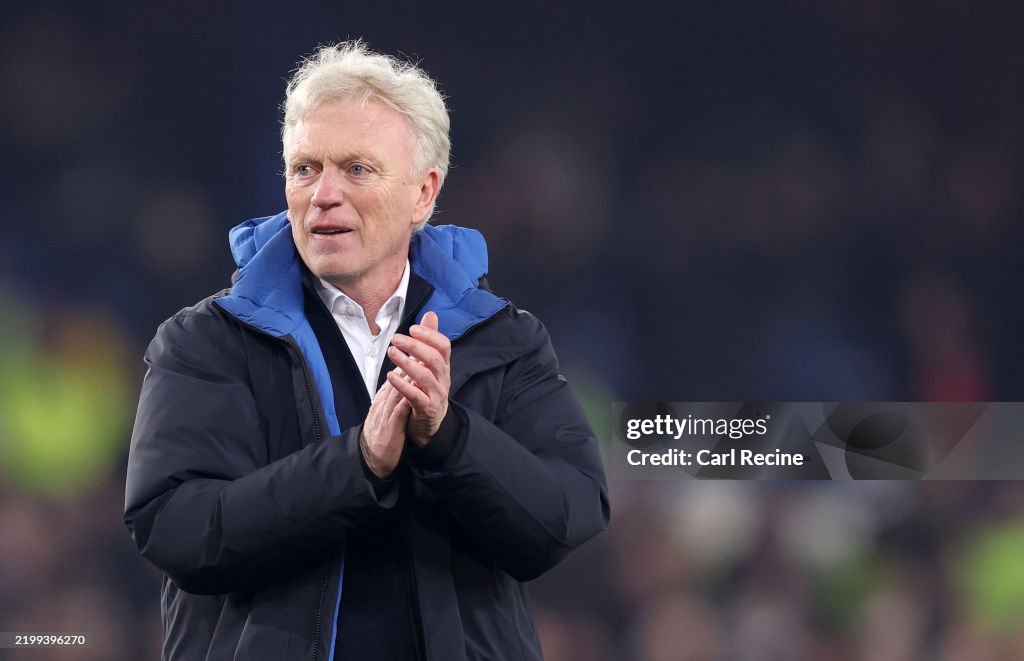Everton manager David Moyes has defended his Liverpool counterpart, Arne Slot. The Dutchman received a red card after the end of the derby between Everton and Liverpool. Moyes sees positive aspects in the fact that Slot couldn’t control his emotions.
 Embed from Getty Images
Embed from Getty Images
Slot confronted referee Michael Oliver after the final whistle of the Merseyside Derby and was shown a red card.
The incident occurred just moments after a fiercely contested match between Everton and Liverpool, which ended in a 2-2 draw at Goodison Park. The match was an intense battle from start to finish, filled with heated exchanges, controversial moments, and high emotions, making Slot’s reaction at the end a reflection of the passion both teams displayed on the pitch.
As the final whistle blew, Slot approached the referee to express his frustration over several key decisions made during the game. Liverpool had fought hard to secure a point, but tensions ran high over a few contentious moments, including disputed fouls, potential penalty calls, and the general officiating of the match. Unable to contain his emotions, the Dutchman engaged in a heated exchange with Oliver, leading to the referee showing him a straight red card.
Following the incident, Slot showed signs of regret and later admitted that his emotions had got the better of him. Despite this, he received support from Everton manager David Moyes, who spoke about his own experiences with emotional outbursts on the touchline. "I sympathize with Slot. When I was younger, I was always involved in these kinds of heated situations," said Moyes, acknowledging that passionate reactions are part of the game, especially in high-stakes derbies like this one.
Moyes even found a positive side to the incident, suggesting that Slot’s reaction demonstrated his commitment to his team. "It tells me that he cares a lot about his club and that he fights for his players. Everyone has to do what they have to do, and he did it for his team. I've had plenty of these moments myself, and I'm not proud of them. But we have to fight for our own team," Moyes explained. His words highlight the reality of football management, where emotions often run high, and coaches must balance passion with discipline.
The Merseyside Derby, as always, was a high-intensity clash, and the 2-2 result reflected the fierce competition between the two clubs. Everton had shown resilience, while Liverpool had moments of brilliance, making for an entertaining and hard-fought contest. Slot’s red card only added to the drama, keeping the focus on the game long after it had ended.
As of now, it remains uncertain what disciplinary actions will be taken against Slot. Initially, the Premier League released a statement suggesting that the Liverpool manager would face a two-match suspension, but that statement was quickly removed from the official website, raising questions about the final decision. Meanwhile, the Football Association (FA) has officially charged both Slot and his assistant, Sipke Hulshoff, indicating that further consequences may be on the horizon.
Liverpool fans will now be anxiously waiting to see if Slot will be banned from the touchline for upcoming matches, which could impact the team's momentum. The FA’s final decision on the matter will likely set a precedent for future incidents involving managers confronting referees. With emotions still running high from the derby, the fallout from Slot’s red card is far from over.








